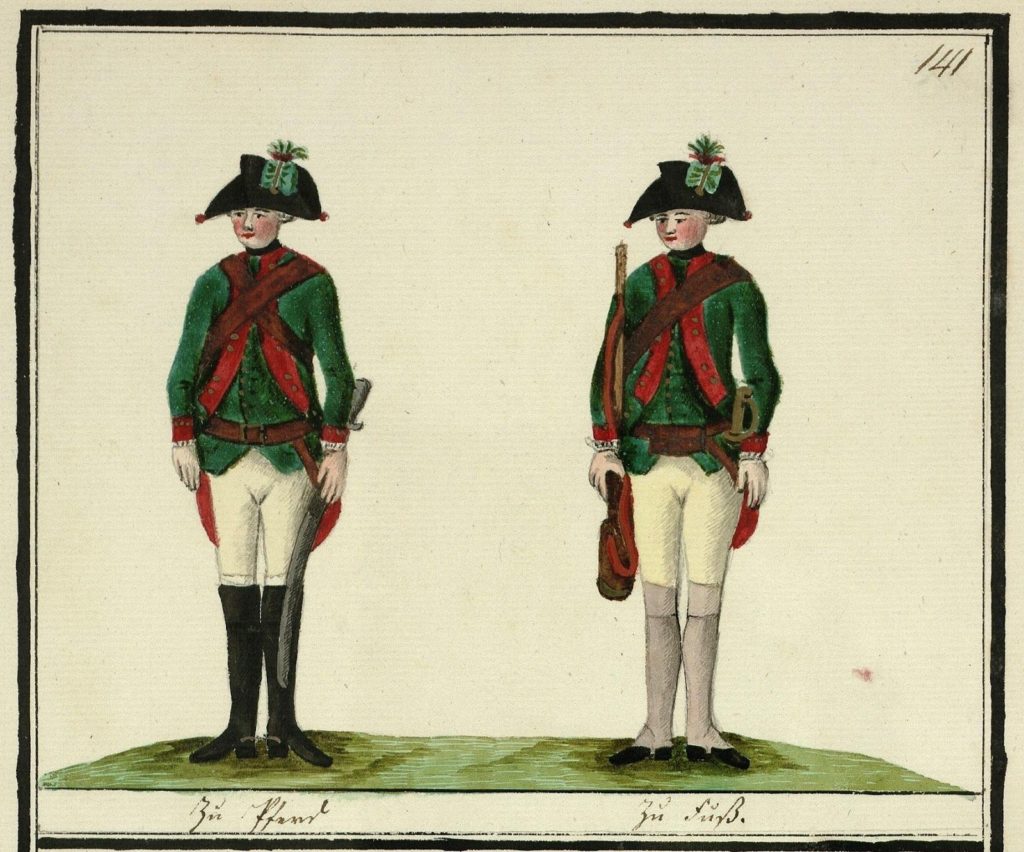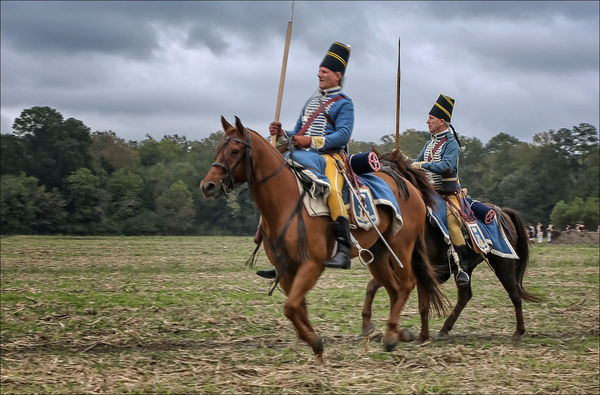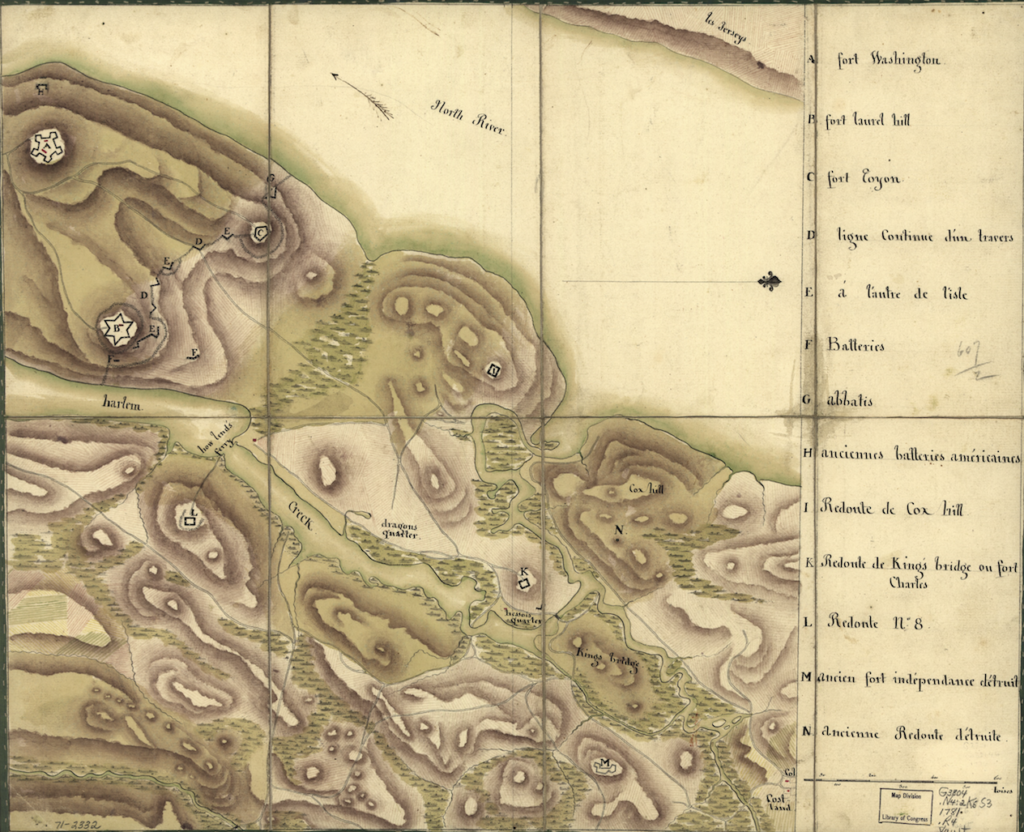Home › Forums › The American Revolution › On this day in Kingsbridge: July 3rd, 1781
Tagged: Dan Mullane
- This topic has 2 replies, 2 voices, and was last updated 3 years, 9 months ago by
 ndembowski.
ndembowski.
-
AuthorPosts
-
-
July 3, 2020 at 1:45 pm #1516
The fatal blow to British hopes in the American Revolution came in 1781 with their defeat at Yorktown but if George Washington had his way, it may have come at Kingsbridge instead.
In May of 1781, Washington met with the French General Rochambeau in Wethersfield Connecticut to coordinate the movements of their two armies in America and hatch a plan to win the war. Washington strongly advocated that the armies meet just north of New York City to launch a coordinated attack on the British base there. In the weeks that followed, the Americans and French agreed for their combined armies to meet at Kingsbridge on July 3, 1781 in attempt to surprise the British defenses and possibly gain a foothold on Manhattan Island. Ever since Washington’s humiliating defeat in New York City in 1776, he had been smarting to take it back and this plan could accomplish that goal and dislodge the British from their main stronghold in America. Someday I will write a long-form article about what happened on July 3rd, 1781 in Kingsbridge as the details of what happened that day are fascinating.
But for now I am going to let a witness tell the story–patriot soldier Asa Reddington, a private in one of the New Hampshire regiments.:
On the 2nd day of July, the Regiment moved from their quarter to the Hudson River, and in the evening embarked on board flat boats at Tellers Point about 30 miles above New York. We rowed down the river to near Dobbs Ferry, where we landed under the side of a mountain on the Jersey side of the River, cut green bushes and covered the boats to avoid discovery, went up the side of the mountain, and there remained through the day covered by thick woods—we were not allowed to make any fires or cook any food.
About the sun setting the companies were paraded, and Lieut. Sherburne who then had the care of the company to which I belonged, harangued us in rather a rough way. “My lads, said he, some of you will see H_ll before morning,” and verified the assertion with a solemn oath, “and if one of you disobey my orders, I will run you through, and if you see me flinch, serve me in the same manner.” What a wicked man!
About [one] o’clock in the morning we again embarked and fell down the River, a number of miles, and landed about two o’clock in the morning of the 3rd of July on the east side of the River about 2 1/2 miles above King’s Bridge, and apparently undiscovered.
After ascending the bank, the troops were paraded and formed in order of battle. We then took up the line of march (the night being very dark) and paraded toward King’s Bridge, where the enemy had a strong post—just before day we came in contact with their picket guard, and a sharp firing commenced in front, when the enemy retreated and joined their friends on the other side of the [King’s] bridge. We then quickly marched and took position about 100 rods from the Bridge, covered by some birch bushes by the road side. About this time it was about half way between day and sun rising. In a few minutes after we were thus posted, a body of the B. [British] cavalry came dashing along the road, and were immediately fired upon, some of whom were shot down and left dead in the road. The others instantly retreated over the bridge, and hauled up the draw to prevent our crossing it, which we had no idea of doing. We then lay on our arms, having a kind of respite saving now and then a few muskets were fired by sharp shooters, some of the balls doing execution, as several of our company were wounded, on of them, I think, mortally.

The sharpshooters were very likely German (Hessian) Jaeger troops fighting with the British The enemy soon began to muster on [Manhattan] Island, both infantry and cavalry. I could see their arms glistening in the sun in many places on the highlands.
We were then moved off the ground, and took post on a high swell of land perhaps 3/4 of a mile from the bridge, where we could plainly see all of the enemy on the other side of the East River [note: he means the Spuyten Duyvil Creek], which the bridge crossed. By this time we were joined by Colonel [Sprout’s] Regiment of about 400 men, making the whole 900 men. These men also came down the River by boats.
At about 8 O’clock in the morning the enemy led down their bridge and a large body of cavalry and infantry advanced upon us and a severe action ensued. The Americans were commanded by General Lincoln. We were overpowered by numbers and retreated from the ground, getting however behind double walls, and keeping up a fire upon them, retarding their advance. We were kept in close order to prevent the cavalry from charging upon us, whom we most dreaded.
The dead and wounded were mostly left on the ground to the mercy of the enemy. I expected to have been killed wounded or captured on that fateful day; indeed I saw no chance for escape. I, however, by the protection of Divine Being, got off with a whole skin.
After retreating about a mile, hard driven by the enemy, to our great joy a body of French Cavalry [The Duke de Lauzun’s cavalry] hove in sight, and immediately after the front of the main army under Washington appeared. On discovery of this large force, the enemy gave up the pursuit and retired over the bridge. I felt quite relieved at this unexpected turn of good luck having given up all for lost.

Reenactors portraying the French Cavalry unit that showed up in Kingsbridge on July 3rd, 1781 I afterward learned the plan was for the party under Lincoln to engage the enemy, draw out a large body of [the British from Manhattan], and retreat, while in the meantime a part of Washington’s army was to march down the River road and cut off [the British] retreat unto [Manhattan]. This plan failed owing to the badness of the roads and bridges, so that the Army under Washington, who marched the whole night, were unable to arrive in season to accomplish their design. Of this arrangement, however, we poor soldiers were wholly ignorant, and seemed to be doomed to destruction. Many poor fellows lost their lives on that day, and many were wounded.
Although I had no sleep for two nights, I had to watch with the wounded men in the night after the action. They were taken into a large house, the lower floor of which was covered by these poor fellows. The next morning, 4th of July, those that were so badly wounded as to be unable to ride in wagons, were carried in biers on the men’s shoulders, as the army marched that day up the river about 8 miles, and took post at Dobb’s Ferry. About 12 men were assigned to carry one man, and relieve each other at intervals. I assisted in moving one poor fellow who was shot through the body. He was a young man, appeared to be a fine fellow; and belonged to Gen. Washington’s Life Guard, most of who took part in the action. The day was very warm, and we had to rest him often, under the shade, and fan him with small bushes. He greatly lamented his fate, belonged to New Jersey, said that if he had minded his mother he should not have been in that dreadful situation. A number died on the march, and were simply buried by the roadside, being told that such a one had died, he said “It will be my turn next.” He, however, lived through the day, but I understood he afterwards died. What a dreadful thing is war!
I sometimes think about this description as I look out the windows of the #1 elevated train traveling through Kingsbridge as this was the scene of action–as hard as that is to believe. Private Reddington above notes that Washington’s life guard was involved in the fight. This was Washington’s elite bodyguard corps of 50 men. This action in Kingsbridge on July 3rd was the cause of their worst ever day in terms of casualties. That gives you some idea of Washington’s involvement in this engagement.
Washington never wrote about the events of this day in great detail–perhaps because it was a major disappointment to him. He had grandiose ambitions of taking back New York City. He was forced to scale back those ambitions and hoped to at least cut off and capture some of the British (many of whom were actually German Hessian soldiers fighting with the British). In the end, he did not even manage to do that.

In this time (July, 1781) French cartographers drew maps of the Kingsbridge area, such as this one in the Library of Congress collection. -
July 5, 2020 at 9:09 pm #1517
Great story of Kingsbridge–Who can remember The Old Bridge Tavern at the corner of 230th Street and Kingsbridge Ave.??
-
July 5, 2020 at 10:50 pm #1519
While I do not remember it, we discussed it earlier and you can find the topic in the below link:
https://kingsbridgehistoricalsociety.org/forums/topic/old-bridge-tavern/
Do you remember anything about it?
-
-
AuthorPosts
- You must be logged in to reply to this topic.